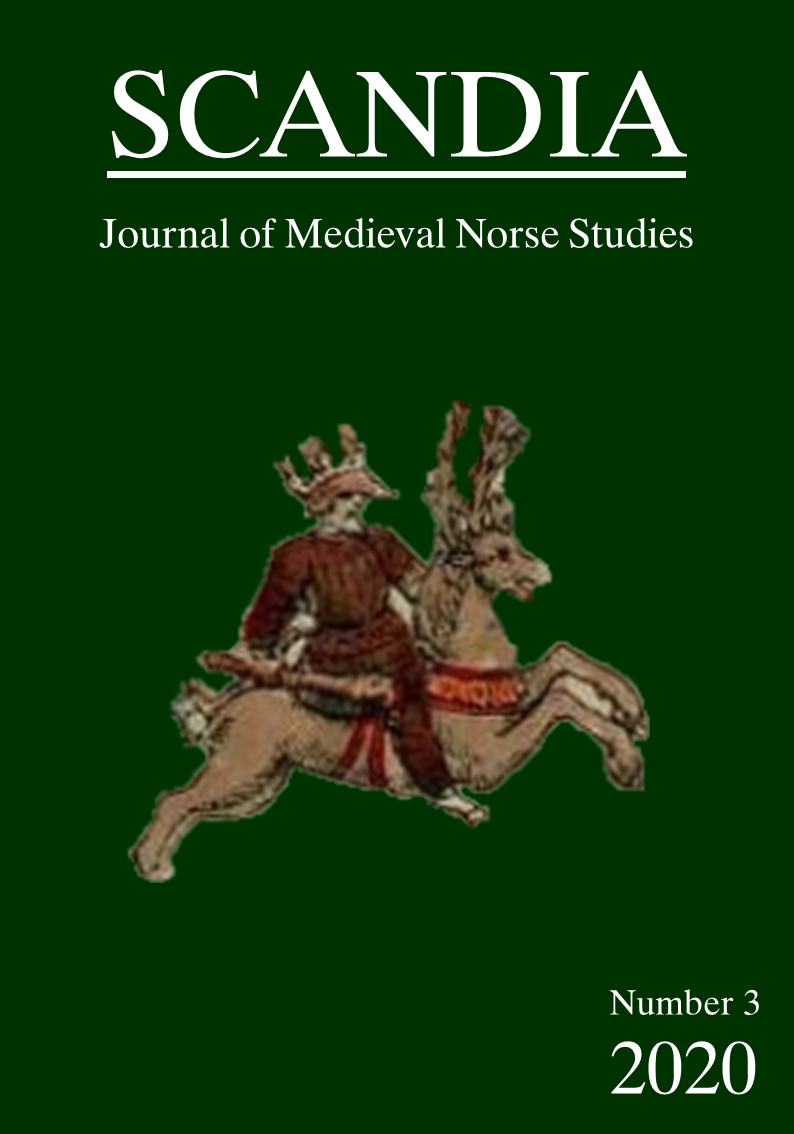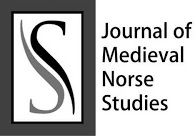HIMNA SMIÐR — THE ANCIENT HEBREW CONCEPTUAL METAPHOR GOD IS THE MAKER OF HEAVEN IN THE OLD NORSE-ICELANDIC LANGUAGE AND LITERATURE AS A MARKER OF CHRISTIANIZATION IN ICELAND
Resumo
Abstract: The following article constitutes an analysis of the civilizing process of Christianization of medieval Island on a mental and linguistic micro-scale in the theoretical perspective of historical cognitive linguistics. According to the cognitive theory of language, language is isomorphic to mentality. A conceptual metaphor may be perceived as the smallest element in a conceptual system, the smallest meaningful unit of mentality inherent in language. When mentality in a given society shifts, it is expressed in its cognitive system — that is, by the presence of cognitive structures typical of foreign culture and their dissemination in the indigenous conceptual system. In the case of mediaeval Scandinavia undergoing Christianization and Europeanization in the 11th and 12th centuries, we can observe this phenomenon in the interference of the metaphorical structures of Ancient Hebrew, Latin, and Germanic provenance in Old Icelandic language. I analyze the process of Christianization of medieval Island, as a conceptual change, on the basis of the cultural transfer, resemantization and dissemination of the ancient Hebrew conceptual metaphor god is the maker of the heaven in the language and literature of medieval Iceland. It contributed, together with other conceptual metaphors of Ancient Hebrew and Latin provenance, to the gradual change of mindset of medieval Icelanders towards Christianity, cognitive structure by structure, metaphor by metaphor, until they turned into Christians and Europeans by virtue of the conceptual, psycholinguistic, change.
Keywords: Old Icelandic literature, Biblical Hebrew, Latin, Old Icelandic, conceptual metaphors
Downloads
Downloads
Publicado
Edição
Seção
Licença
O(s) autor(es) do original apresentado se compromete(m) a cumprir o que se segue:
- Todos os autores responsabilizam-se publicamente por ele.
- Os autores afirmam que este original é de sua autoria e que assumem integral responsabilidade diante de terceiros, quer de natureza moral ou patrimonial, em razão de seu conteúdo, declarando desde já que a obra não infringe quaisquer direitos de propriedade intelectual de terceiros.
- O(s) autor(es) concordam em ceder os direitos autorais do original à Revista Scandia, à qual concedem permissão para sua reprodução, edição e publicação on-line.
- O(s) autor(es) outorgam seus direitos autorais de seu original à Revista Scandia, licendiado sob a Criative Commons Attribution License, que permite o compartilhamento deste trabalho com o reconhecimento de sua autoria.
- O(s) autor(es) têm permissão e são estimulados a citar e distribuir seu original.



